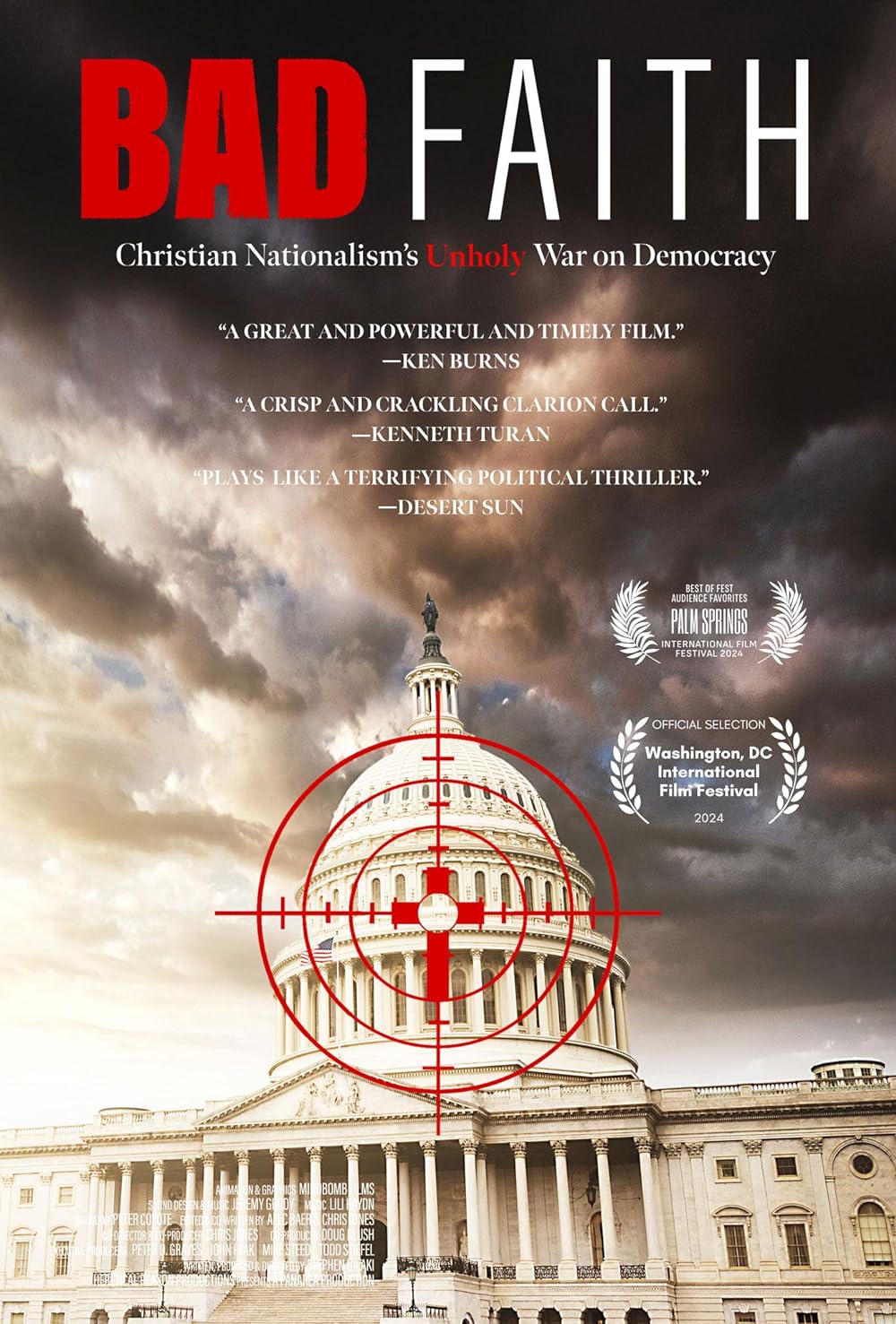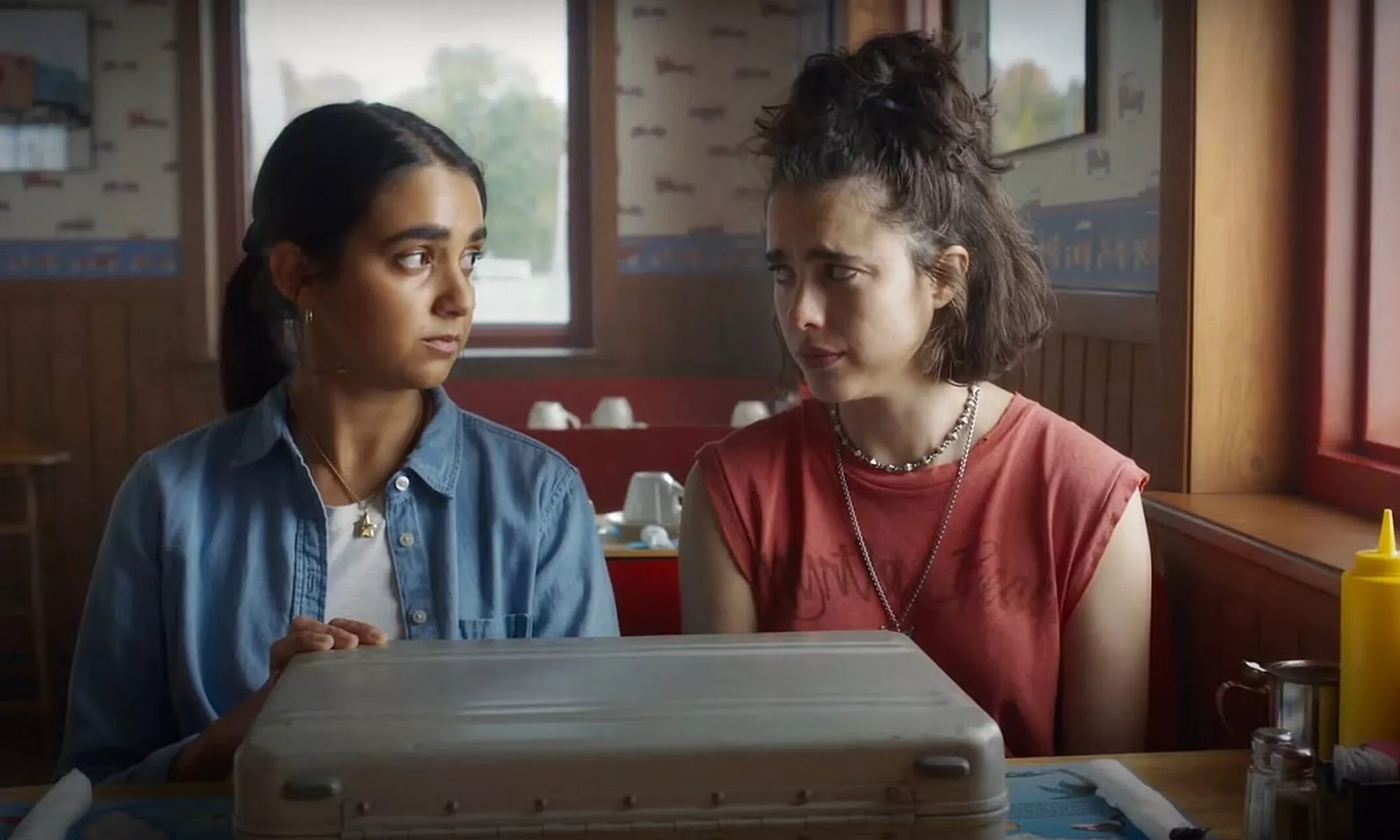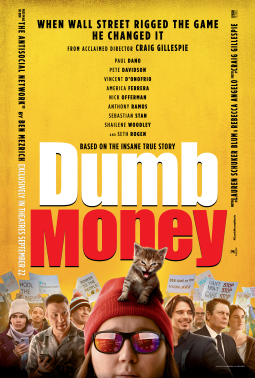American Splendor
Posted on August 22, 2003 at 5:13 am
Harvey Pekar says, “Ordinary life is pretty complex stuff.” His own life is a good example. He has the most ordinary of professions – he is a file clerk in a veteran’s hospital. He lives in the most ordinary of apartments — dank, drab and cluttered. He has the most ordinary of frustrations – a woman in front of him at the grocery store’s check-out counter takes too long, a look in the mirror provides “a reliable disappointment.” He faces the most minor and the most severe obstacles and problems with the same grumpy pessimism. Yet Pekar, file clerk, freelance jazz critic, comic book author, sometime Letterman guest, and now the subject of a biographical movie, has an extraordinary ability to recognize the complexity of ordinary life. Like many artists, Pekar may be too overwhelmed by life to deal with it, but not too overwhelmed to document it.
His insights and artistic sensibilities do not translate into a capacity for tolerance or intimacy. Pekar is selfish and insensitive. He does not want to be alone but he is too unpleasant and petty to live with anyone else. His first two marriages tanked, so he lives without human companionship in a dingy apartment surrounded by the clutter of his collections of old records and comic books. He spends his free time at garage sales haggling over minor purchases. He manages to alienate almost everyone around him with the exception of his small coterie of equally damaged human beings. One of the highlights of the movie is his relationship with Joyce Brabner (Hope Davis), a fan who impulsively decides to marry him after a disastrous first date, and who indeed turns out to be his ideal life companion. Like Pekar, she is relentlessly honest about her own quirks, shortcomings, and pathologies and those of others.
Pekar does not hide a single blemish. On the contrary, he seems to wear his flaws somewhere between chip on his shoulder and a badge of honor. His combination of self-awareness and self-obsession can be extremely difficult to digest in large doses. And yet, Pekar’s unpretentious candor makes him seem real, honest, and even engaging. He may not like being a file clerk, but he is not slumming and he does not feel superior to anyone there, no matter how aware he is of their deficiencies. Being a file clerk fills some need in him, perhaps for order and predictibility and authenticity.
When we first meet Pekar, he is a child out trick-or-treating on Halloween. The other kids are dressed as superheroes, but he is all he will ever be, himself. When that is insufficiently impressive to elicit candy, he gives up. He would rather be the real Harvey Pekar than a pretend comic book hero.
What is ironic, of course, is that Pekar became a comic book hero.
Okay, maybe an anti-hero, but a highly successful one. Pekar’s stories have been illustrated by the top artists working in comics today. Comic expert Don Markstein wrote, “Pekar’s critics accuse him of having founded the ‘dull autobiography’ genre of comics writing. But as is often the case, his many imitators miss the point. It isn’t Pekar’s normal, work-a-day life that draws so many readers to his work. It’s his ability to find piquant things to say about the ordinary things he sees and does.”
The artists illustrating Pekar’s stories are so many and so varied that their differing renditions of Harvey provide one of the movie’s best moments. Fan and future wife Joyce Brabner arrives at a bus station to meet Pekar (Paul Giamatti) for the first time. She looks around and before she sees the real Pekar (rather, the actor portraying him), she sees the ways he was drawn by different artists, trying to put together the Pekar of the comics with the Pekar who wrote them.
This prismatic approach to Pekar is ideal for conveying his complex ordinariness. At one point, Pekar the real person is watching Giamatti, the actor portraying him, who is watching actor Donal Logue playing Pekar in a play. Or maybe Logue is playing Dan Castellaneta, the actor who actually played the part of Pekar in that production.
The characters in this movie are so weird and their lifestyles are so odd that it is sometimes difficult to tell whether they are real people or cartoon characters. The movie brilliantly plays upon this, switching fluidly from comic book drawings to actors, to actual footage of the real people involved, then back again. The real-life characters appear as a sort of Greek chorus to comment on the story and on the movie itself. The real Pekar is, of course, reliably disappointed. Footage of Pekar’s appearances on the David Letterman show is spliced cleverly with surrounding scenes in which actors depict the events leading up to and following the show.
Pekar shows us that when you look closely enough, there is drama even in the uneventful life of a file clerk. Pekar rails against his loneliness, or talks about the sweetness of life in a way that shows he is not all that different from the rest of us. He raises himself from squalor by teaming up with a friend, the famous artist R. Crumb, to produce a whole new type of comic book. He has life-threatening medical problems which require him to confront his own mortality. And in his own way, he loves, deeply.
The overall effect of the movie is not one of slapstick but of earthy, gritty reality. Davis and Giamatti are brave, funny, heartbreaking, and simply magnificent. So are the real Brabner and Pekar.
The movie gives us a Pekar who is an interesting, angry, intelligent, multi-facted, slightly twisted man in his moth-eaten underwear and scratching himself in rude places. He may be reliably disappointed in himself, but the honesty of his take on himself and his life is, ultimately, quite beautiful. Plus, it has the best soundtrack of the year, filled with meticulously chosen classics.
Parents should know that the movie’s rating is based on language. There are some sexual references and inexplicit sexual situations. Some viewers may find the unhappiness and dysfunction in the movie disturbing.
Families who see this movie should talk about why such an intelligent and perceptive man created this kind of life for himself. What was it that appealed to him about the file clerk job? Why did he confront David Letterman? What makes Pekar happy?
Families who enjoy this film should see






